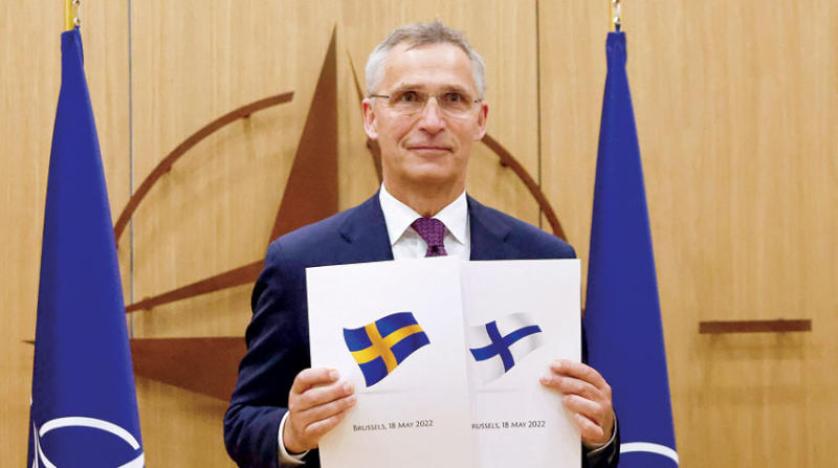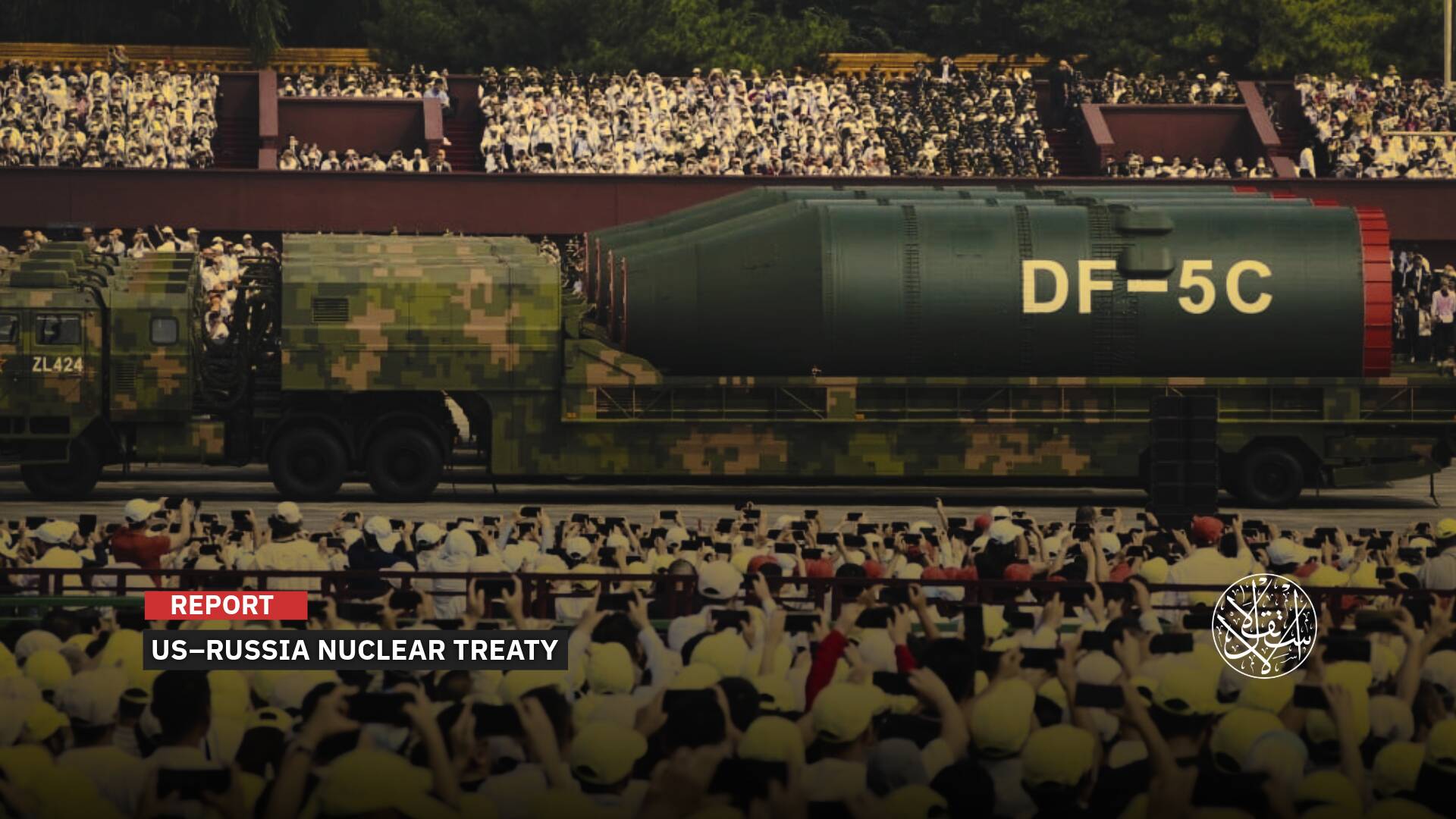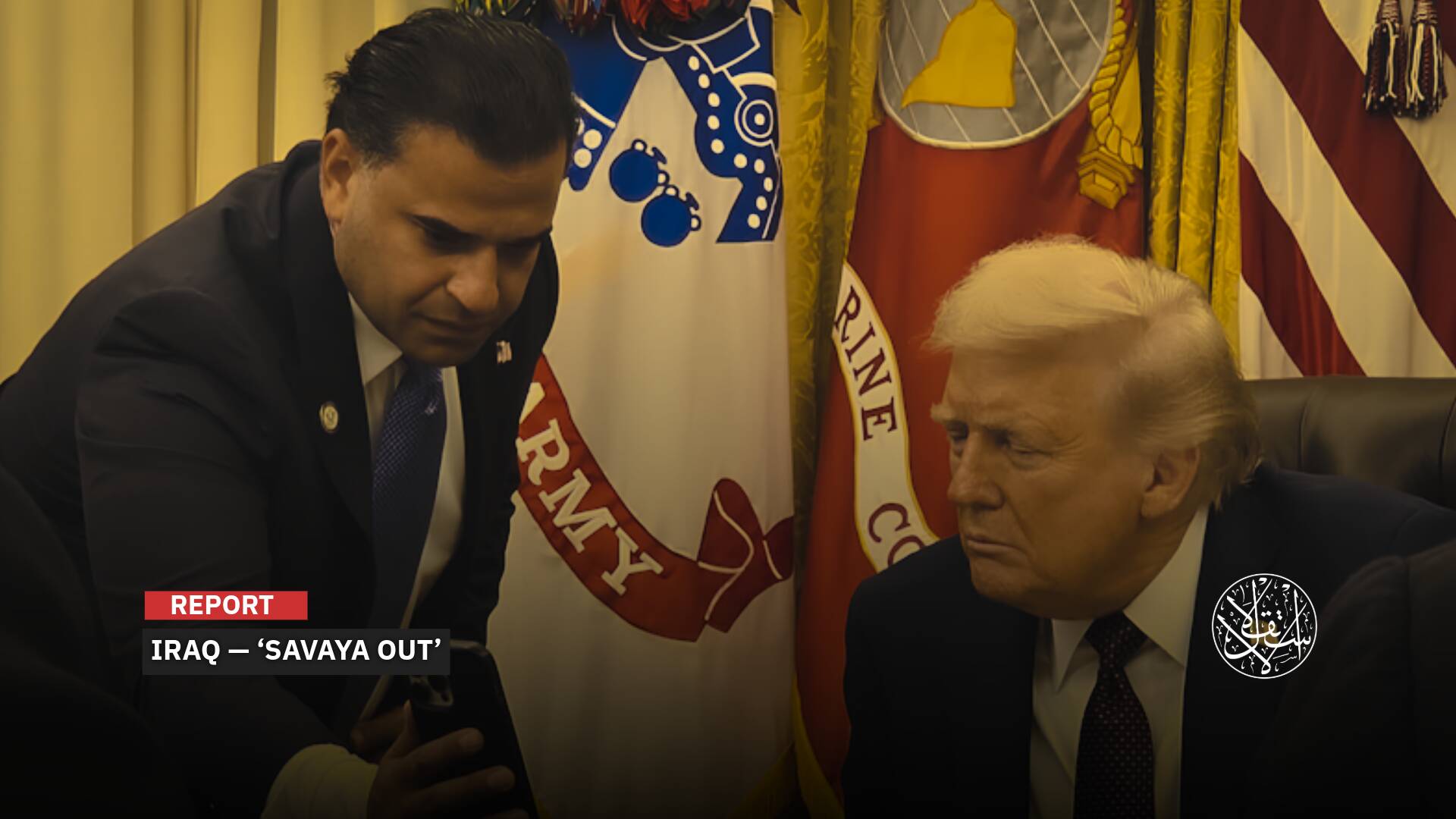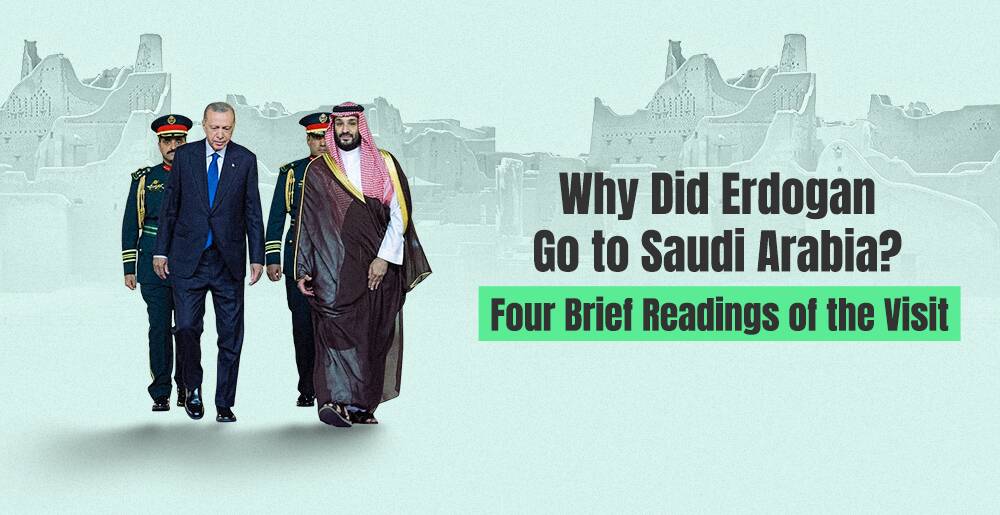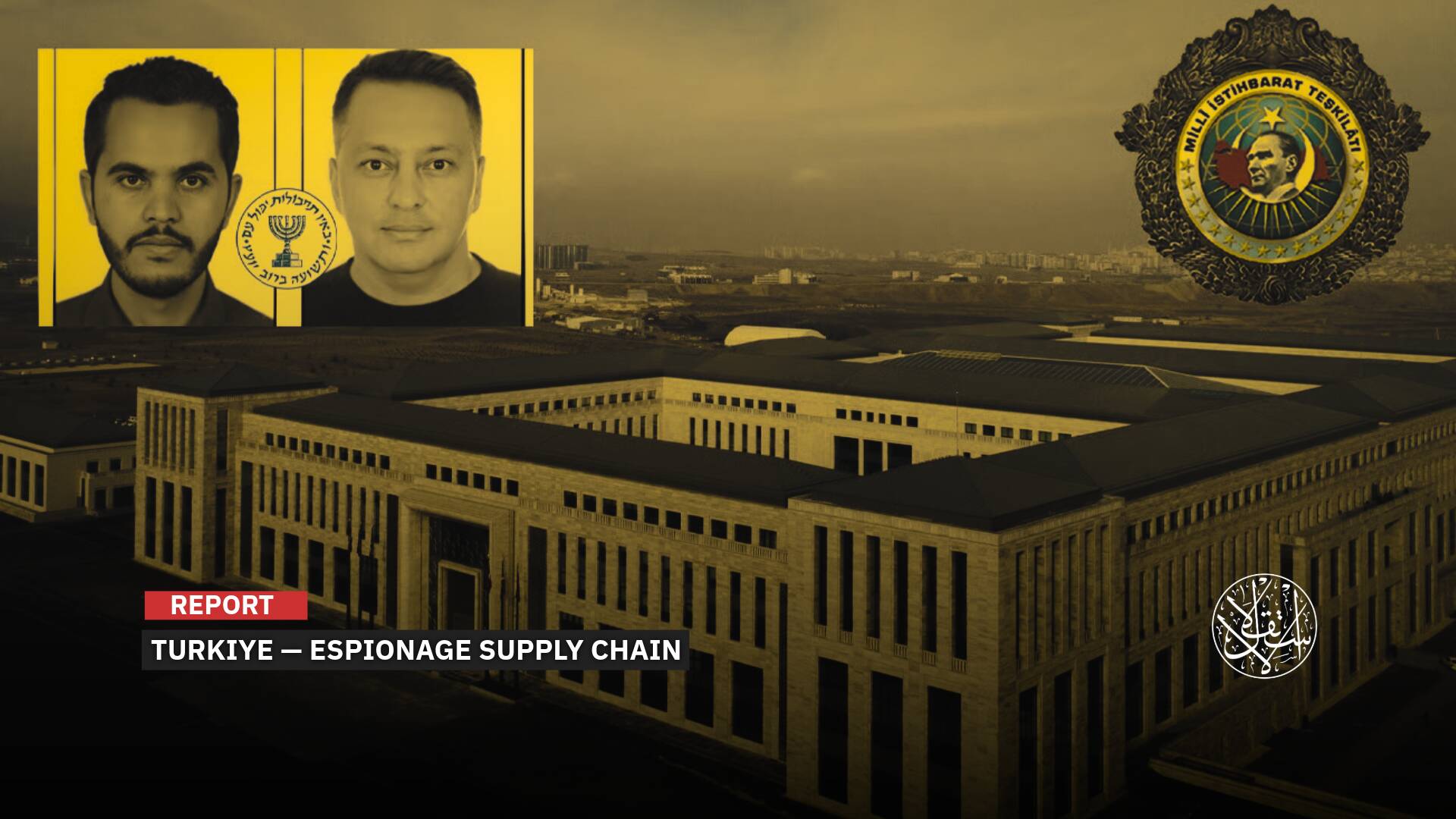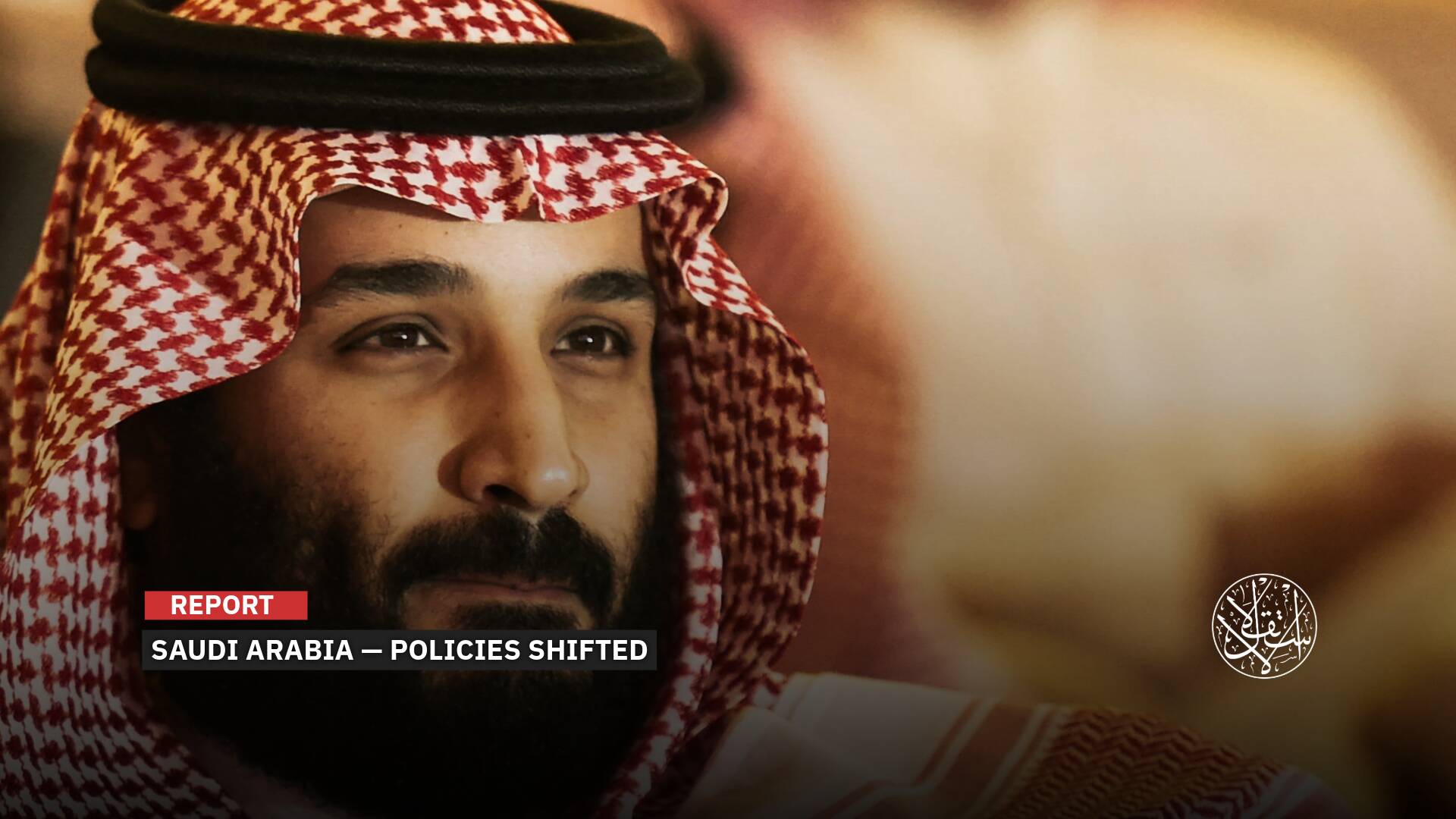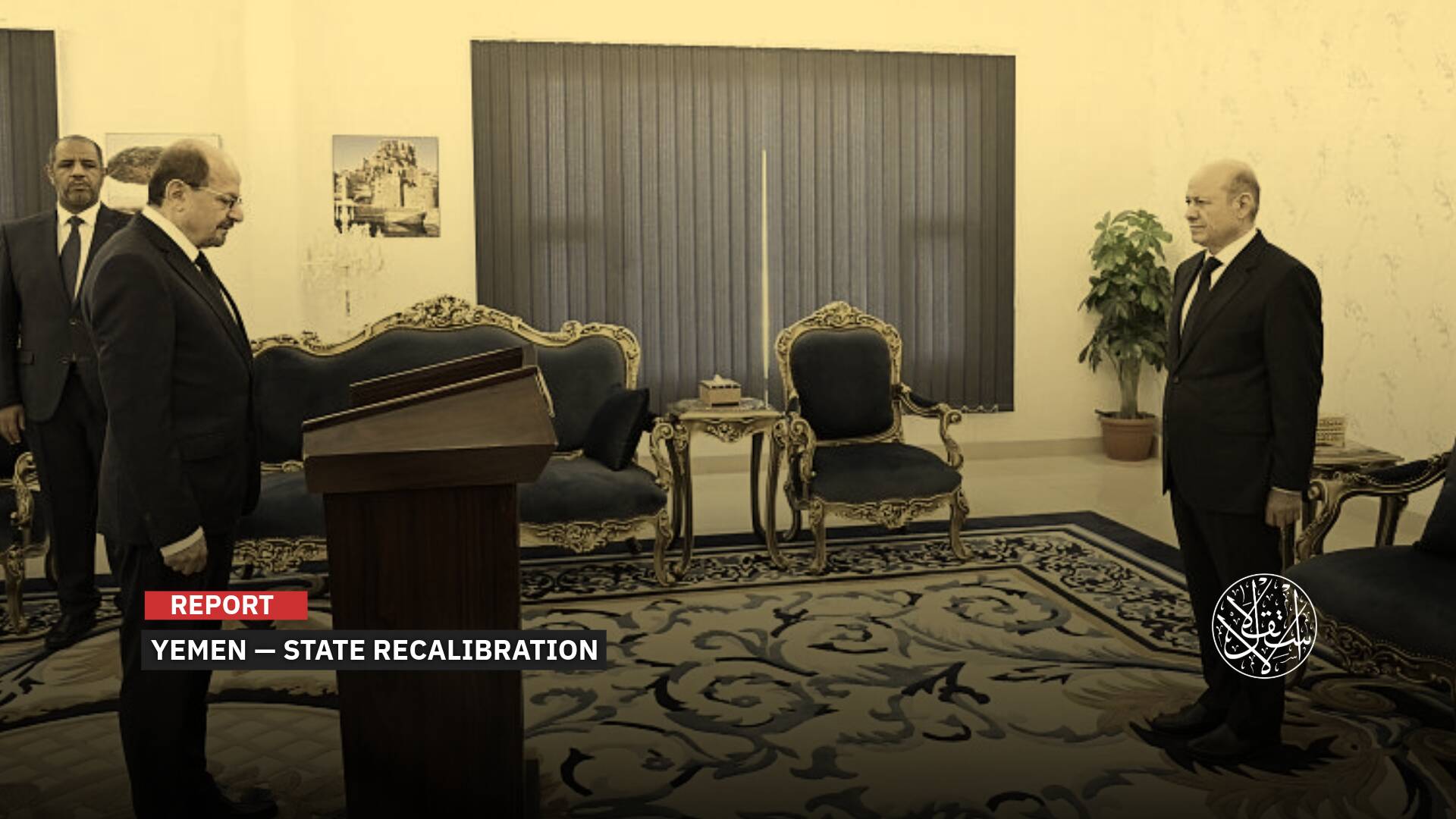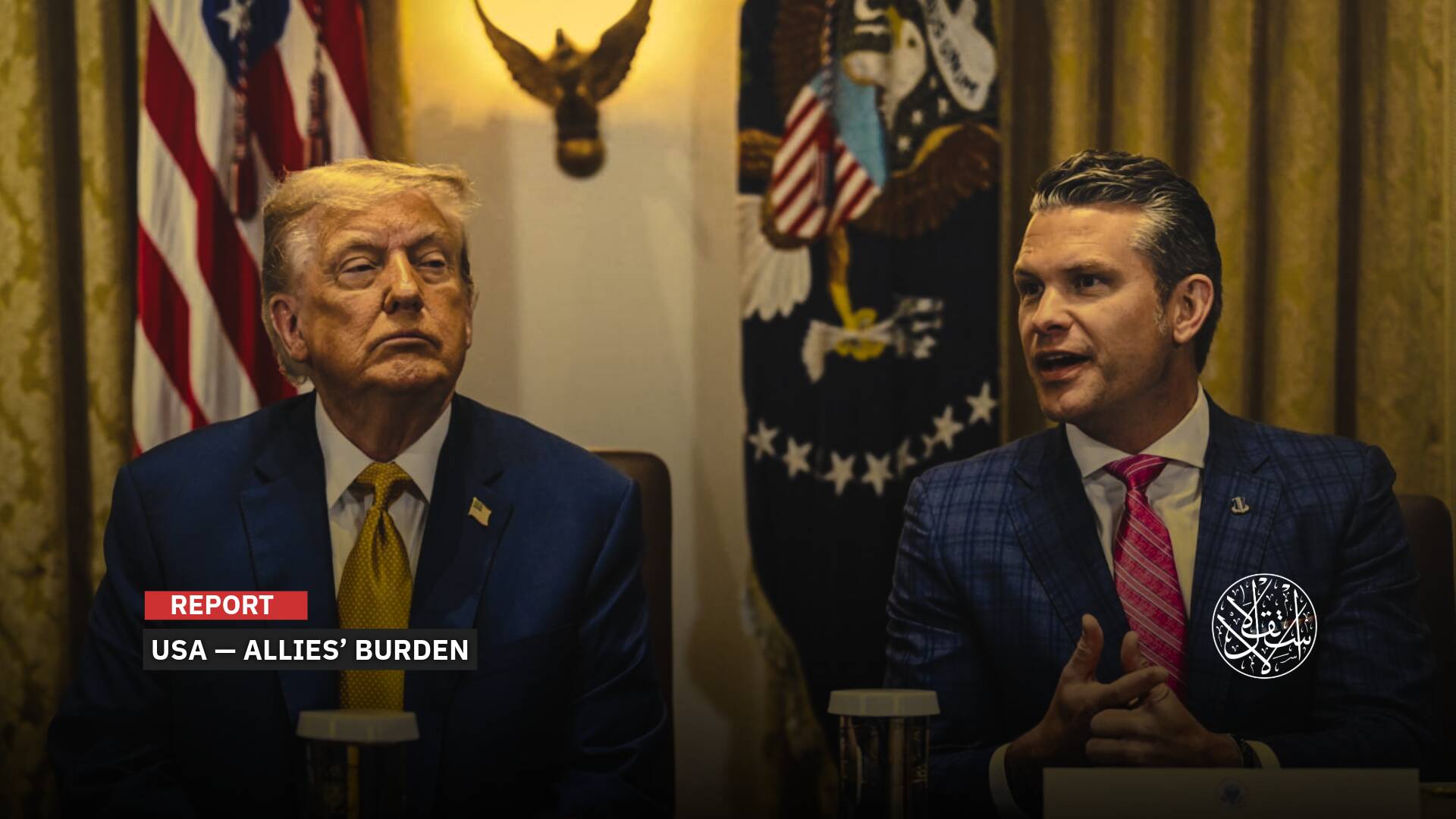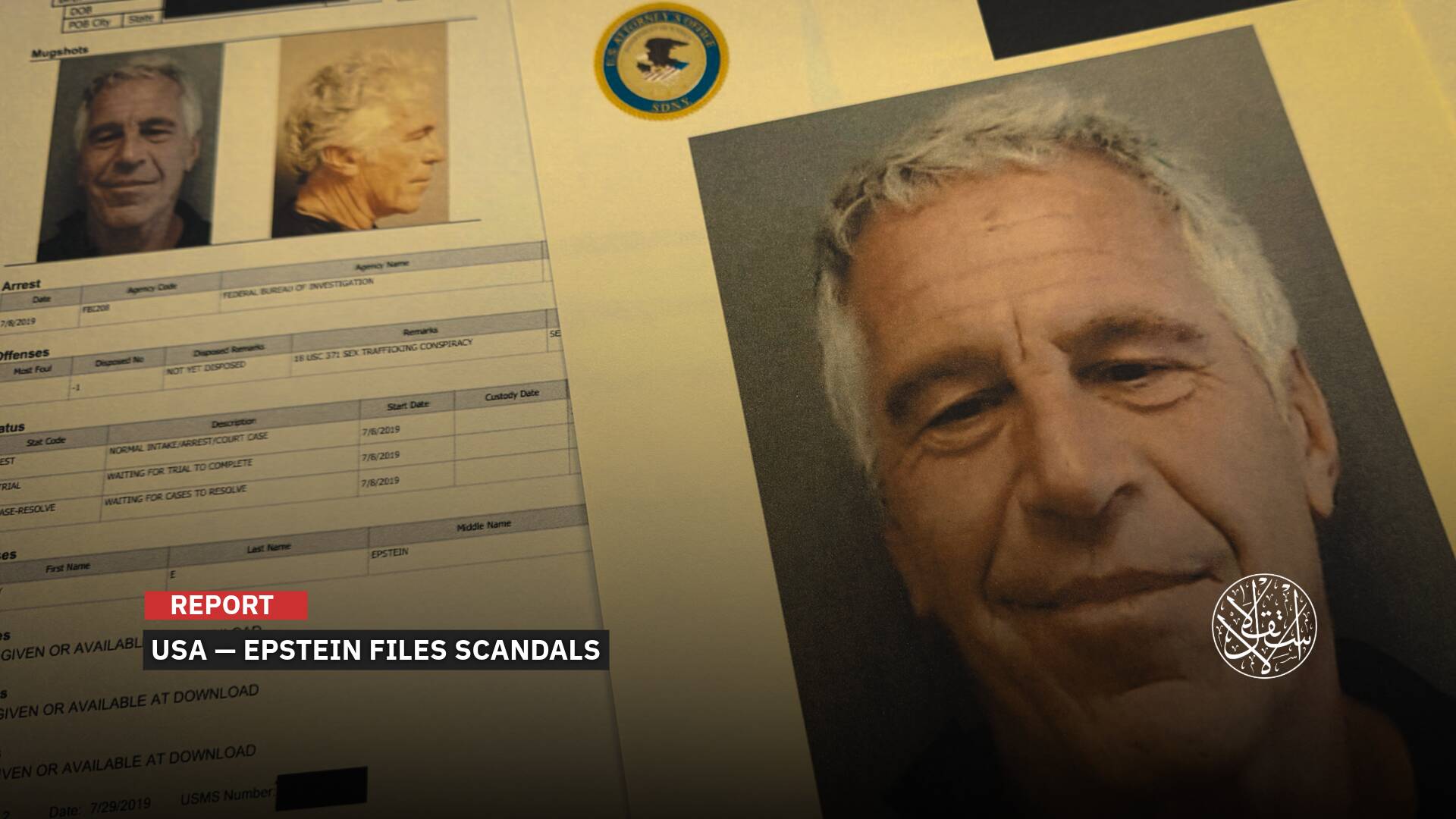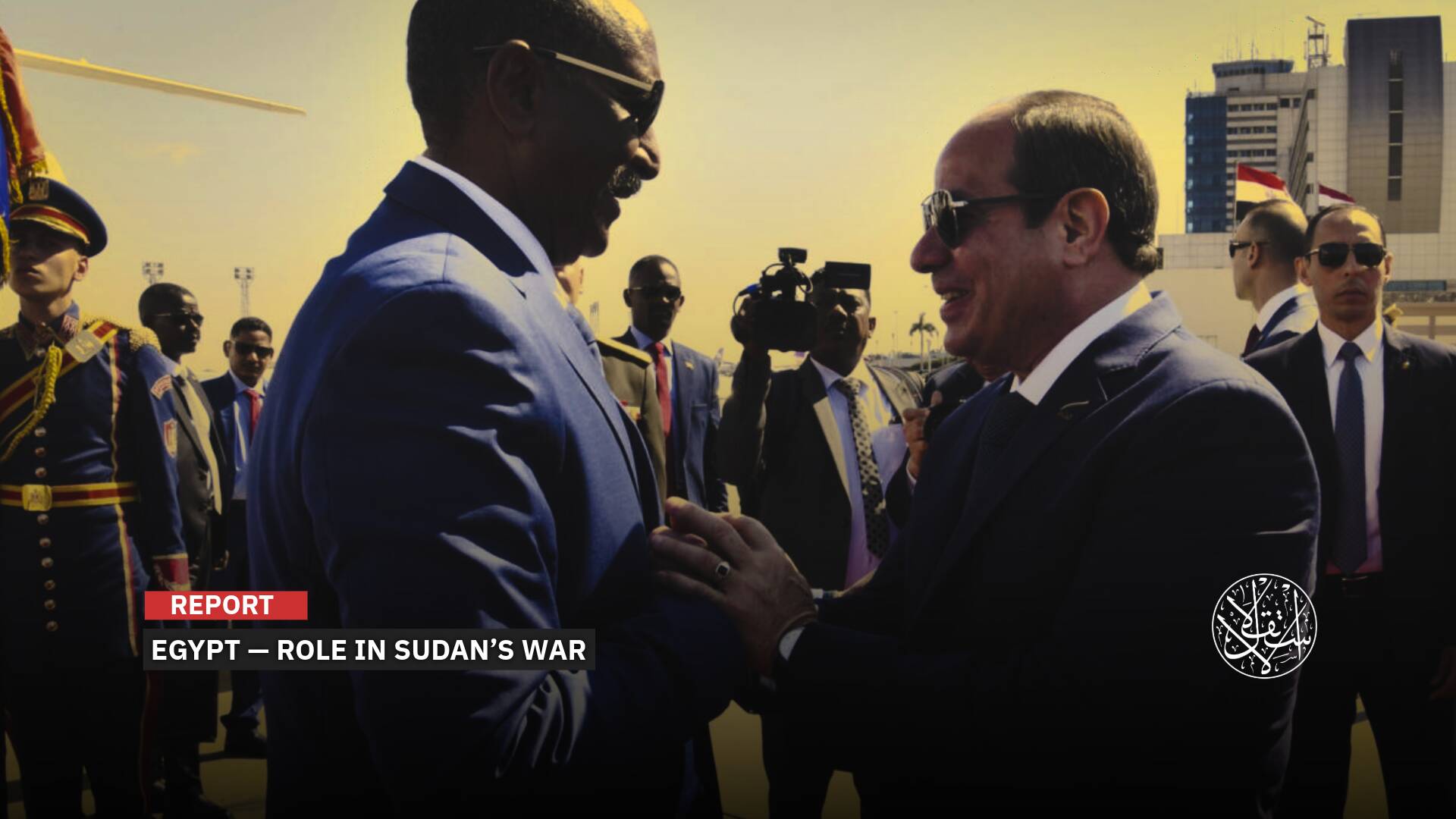Did Turkiye Manage to Twist the Arm of Sweden and Finland and Get What It Wanted?

Despite the American denial, the Turkish presidency announced in an official statement, on June 28, 2022, that it had obtained what it called ‘full cooperation’ from Finland and Sweden against the Kurdistan Workers' Party (PKK) militants and their allies, in exchange for agreeing to support their accession to NATO.
Ankara's main demands were that the Nordic countries stop supporting Kurdish armed groups on their soil and that they lift their ban on some arms sales to Turkiye.
Observers believe that the accession of Sweden and Finland to NATO represents the biggest shift in European security in decades.
If Finland and Sweden become members of NATO, more than 200 years of Swedish non-alignment will end, while Finland adopted neutrality after a bitter defeat by the Soviet Union during World War II.
Tripartite Understanding
After an argument that lasted for months and strenuous negotiations between Ankara, Helsinki, and Stockholm regarding whether Ankara would accept the latter's joining NATO or not, and after more than three hours of discussions on the sidelines of the NATO summit in Madrid on June 28, 2022, Turkiye, Sweden and Finland signed a tripartite memorandum of understanding regarding the two Nordic countries' membership in NATO.
The 10-point memorandum was signed by Turkish Foreign Minister Mevlut Cavusoglu, his Finnish counterpart Pekka Haavisto, and his Swedish counterpart Ann Linde, and the signing ceremony was also attended by the Turkish President Recep Tayyip Erdogan, his Finnish counterpart Sauli Niinisto and Swedish Prime Minister Magdalena Andersson.
On its part, the Turkish presidency announced, on the evening of June 28, 2022, in an official statement that it supports the candidacy of Finland and Sweden to join NATO, after negotiations with the two countries, in which it obtained what it wanted, as it put it.
The statement indicated that it was agreed with Sweden and Finland to establish an intelligence exchange mechanism to combat terrorism, noting that Ankara had obtained pledges from the two countries to take serious measures regarding the deportation or extradition of terrorism suspects in the two countries.
“Helsinki and Stockholm will also ban fundraising and recruitment activities for Kurdish militants and will ban terrorist propaganda against Turkiye,” the statement added.
The two countries also agreed not to impose restrictions or bans on defense industries and to enhance cooperation with Turkiye in this regard, according to the statement of the Turkish presidency.
According to Turkish media, Turkish Justice Minister Bekir Bozdag revealed that Ankara will ask Finland and Sweden to extradite 33 people belonging to the PKK and Fethullah Gulen, which it considers terrorists.
In turn, Finnish President Sauli Niinisto said that “Turkiye agreed to support the joint application for membership submitted by his country and Sweden to NATO.”
“This important development came after the three countries signed a joint memorandum to provide their full support in facing threats to each other's security,” he added.
“The memorandum does not specify personalities to be handed over to Ankara, and the terms of delivery will be related to terrorism and not to individuals,” he pointed out.
In turn, Sweden's Foreign Minister Ann Linde said that her country takes Turkiye's security concerns about terrorism seriously, as she described it.
Linde indicated that “Sweden shares the same opinion with Turkiye about the PKK, and that it is serious about this issue.”
She explained that her country has one of the strictest regulations in the world on arms exports and that if it entered into a military alliance with Turkiye, the two countries would defend each other.
International Welcome
In turn, NATO Secretary General Jens Stoltenberg said, in a press conference, that Turkiye, Finland, and Sweden signed a memorandum addressing Turkiye's concerns, including arms exports and combating terrorism.
He announced that the leaders of the alliance will invite Sweden and Finland to join the alliance on June 29, 2022, adding that NATO is always able to find common ground and resolve differences.
Stoltenberg indicated that this step would change the security situation in the Baltics, adding that the door to the alliance would remain open, despite Russian President Vladimir Putin's refusal to expand it.
Stoltenberg considered that the biggest security crisis in NATO in the past ten years had been overcome, as he put it.
British Prime Minister Boris Johnson also described Turkiye's support for Sweden and Finland's request to join NATO as great news, adding: “Their membership will make the alliance stronger and more secure.”
On its part, the White House confirmed that the US administration had not made any concessions to Turkiye to ensure that it gave the green light for Sweden and Finland to join NATO.
However, an official in the Biden administration told Reuters that Washington played a major role in reaching an agreement.
Meanwhile, US President Joe Biden welcomed the agreement, and said that “the accession of Sweden and Finland to the alliance would strengthen the alliance and collective security.”
He noted in a tweet on Twitter that “the signing tripartite memorandum of Turkiye, Finland, and Sweden is a decisive step towards inviting NATO to Finland and Sweden, adding that “the agreement is a great way to start the summit of NATO leaders being held in the Spanish capital, Madrid.”
Congratulations to Finland, Sweden, and Turkey on signing a trilateral memorandum – a crucial step towards a NATO invite to Finland and Sweden, which will strengthen our Alliance and bolster our collective security – and a great way to begin the Summit. pic.twitter.com/ug47DhRDGl
— President Biden (@POTUS) June 28, 2022
Security Concerns
Finland and Sweden applied to join NATO last May, following the Russian invasion of Ukraine, but their requests were rejected by Turkiye, which accuses the two countries of providing sanctuary to Kurdish armed groups, which Ankara classifies as terrorist organizations.
Ankara also denounces the presence in these two countries of supporters of Fethullah Gulen, whom Ankara accused of orchestrating the attempted coup in Turkiye in July 2016.
Sweden, Finland, and other countries had imposed restrictions on arms exports to Turkiye, which it is demanding to be lifted after it launched a military attack on Kurdish armed forces in northern Syria in 2019.
Turkiye has the right to veto against the accession of the two countries, as the full approval of NATO members is required to approve the accession of a new member, in view of the foregoing, Turkiye decided to stop talks on the terms of the two Nordic countries' accession to NATO.
Turkiye has held talks with the two countries and NATO to address its concerns and has submitted written requests to officials in Sweden and Finland.
It said at the time that the response to its requests was not satisfactory and that it would oppose their request to join the alliance unless the two countries met its demands.
It is noteworthy that the Finnish popular support for joining NATO has ranged over the years between 20-25%, but since the Russian invasion of Ukraine, it has jumped to a record high of 79%, according to the latest poll.
Conversely, in Sweden, 60% of the population said it was right to apply again, much higher than it was before the war.
Observers believe that once Finland and Sweden's accession to NATO is complete, the number of NATO countries bordering the Baltic Sea will rise to eight, effectively turning it into a NATO lake, and the two Russian ports in St. Petersburg and Kaliningrad will be increasingly isolated.
Last May, Moscow warned Finland, which shares a 1,300-kilometer border with Russia, and Sweden of the consequences of joining NATO, saying that this step would not bring stability to Europe, and warning of military and political consequences.
In turn, the political researcher specializing in Turkish affairs, Dr. Saeed al-Haj, stressed that “the terms of the agreement signed between Turkiye, Sweden, and Finland were largely expected. Turkiye did not have a principled objection to the expansion of NATO and the acceptance of the membership of Sweden and Finland, nor did it seek to collude with Russia in its war against the West. Rather, it had clear and specific demands.”
As for how Turkiye was persuaded to accept Sweden and Finland joining NATO, the researcher explained in a statement to Al-Estiklal that “Ankara was convinced to accept the membership of the Nordic countries in NATO because it was offered at least the minimum that could satisfy it in terms of combating terrorism and its financing and lifting the arms ban on it.”
“The main challenge facing the agreement that was signed between the three countries is the commitment of Sweden and Finland to implement the Turkish demands, given that some demands require constitutional amendments and legislative decisions. Consequently, the Swedish and Finnish governments may not be able to implement these demands in the near future,” he added.
Dr. al-Haj noted that “after the completion of the accession of Sweden and Finland to NATO, they were decided not to fully comply with the previous Turkish demands. However, they will remain careful not to disturb Ankara with them, given that it still has the right to object to some NATO decisions regarding the security of the two countries and the Russian threats to them.”
The researcher al-Haj concluded that “Sweden and Finland, of course, are not on the same level of conviction with Turkiye about fighting terrorism and taking a distance from dealing with the PKK. There are also within NATO currently several countries that do not agree with Turkiye in terms of vision and dealings, and they differentiate between the PKK and the Syrian Democratic Forces, such as the United States.”
It is noteworthy that the PKK, a terrorist group classified by Turkiye, the European Union, and the United States, had taken up arms against the Turkish state in 1984.
The PKK and its offshoots also carried out many attacks on the military, security forces, and civilians in Turkiye, where tens of thousands of people died as a result of that conflict.
Turkiye considers any support for the Syrian Kurdish People's Protection Units (YPG) akin to support for the PKK, as the YPG has previously been supported by many Western countries in the war against ISIS.
Turkiye has carried out several military operations in both Syria and Iraq over the past few years, targeting the PKK and the YPG, with the aim of forcing them to leave the region.



